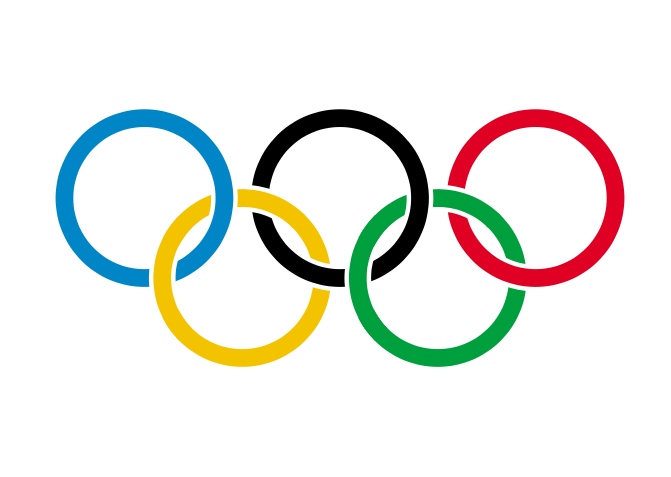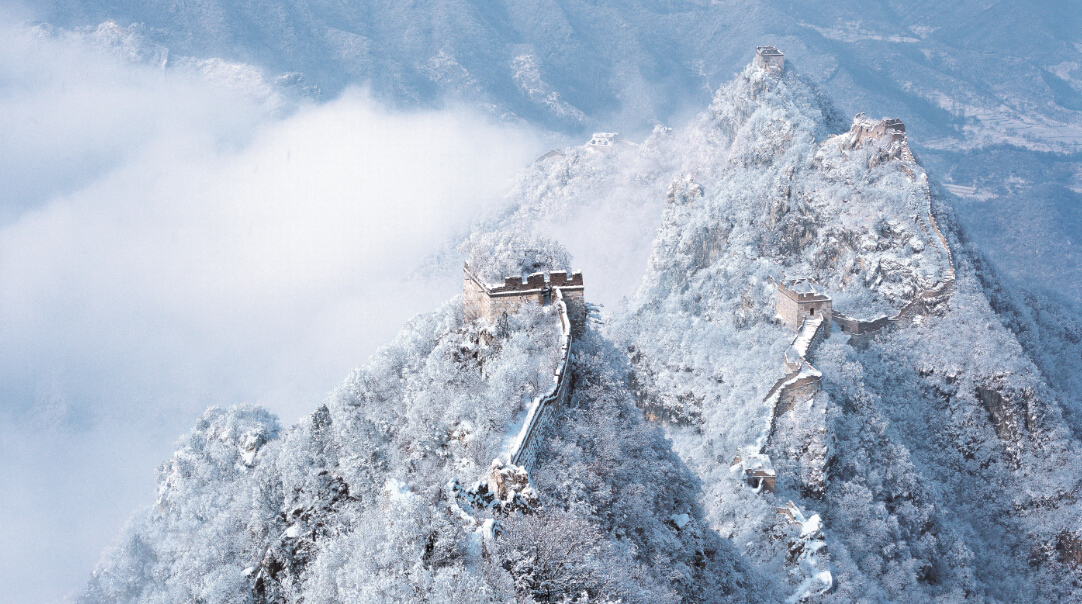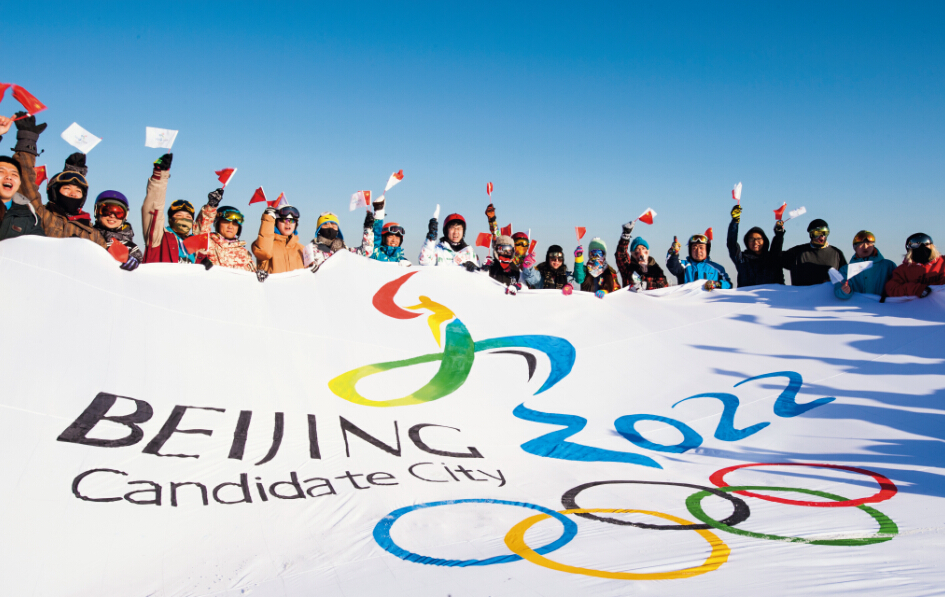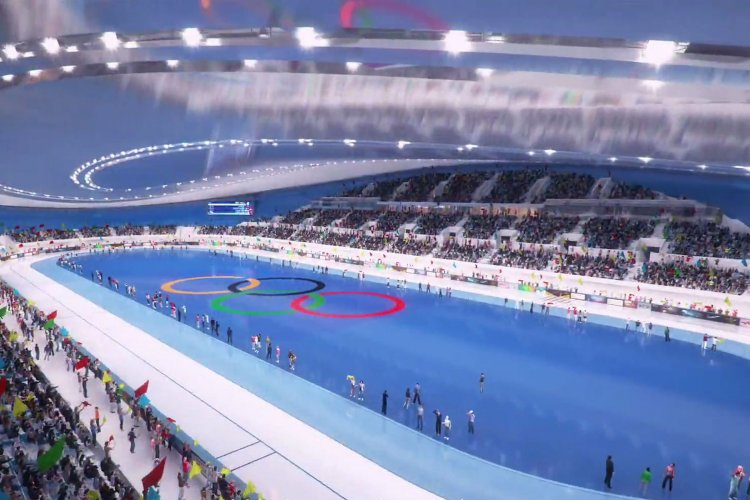Advantage Beijing: China's Capital Looking Good After Olympic Committee's Final Evaluation
Air pollution and a shortage of natural snow were among concerns raised by the International Olympic Organization (IOC) about Beijing's bid for the 2022 Winter Olympics, when it released its final assessments Monday of both Beijing's and Almaty's proposals.
In the Report of the 2022 Evaluation Commission, air quality issues were raised for both cities, ahead of the July 31 meeting when the host city will be selected.
"[The] scale of the plan to address poor air quality is significant and requires total commitment and funding. In addition, effective Games time mitigation measures may be needed to reduce negative impact on Games participants," the report said regarding Almaty.
"Scale of regional air quality issues is very significant. In spite of major environmental improvement programmes, Games-time mitigation measures may be needed to reduce negative impact on Games participants," it said about Beijing.
Coincidentally (or maybe not so much), Beijing has reported a stunning reduction in air pollution over the first few months of 2015.
Some additional significant red flags can be seen regarding Almaty's bid: "Almaty 2022 has not provided any guarantee from individual private hotel owners with regard to room availability or price. Were Almaty to be awarded the Games, this would create significant risk to the OCOG’s (Organising Committees for the Olympic Games) ability to both secure needed rooms and ensure reasonable rates," the report said. Beijing's hotel stock was rated as sufficient.
Safety was also an issue for Almaty: "Kazakhstan acknowledges that not all security personnel meet international professional standards but is working towards that goal," the report stated. Meanwhile, Beijing was praised as for its centralized security responsibility and authority, though the "large theater of operation with three zones and several venue clusters, complicates security planning and operations," the report indicated.
Beijing's lack of snow was cited as a big concern, for both practical and aesthetic reasons. "Substantial reliance on snowmaking in all mountain venues especially Yanqing" was listed as a risk/challenge, while the report also worried how the venue would look on the broadcasts back home: "There could be no snow outside of the racecourse, especially in Yanqing, impacting the visual perception of the snow sports setting."
Beijing was also cited in more than one section for needing to relocate as many as 1,500 people in order to build proposed venues, although that has been par for the course in practically every major development in the city.
Although the report seeks only to evaluate and not pass final judgement on each city's bid, it's hard to read it and not conclude that Beijing is now in the driver's seat (we here at the Beijinger declared it Beijing's race to win 15 months ago). Numerous sections of the Beijing report list zero risks/challenges; that's true for one only section of the Almaty assessment.
While a lack of snow and air pollution are serious concerns, as far as the IOC is concerned, Beijing seems to have its act together in terms of financing, venues, and security. For Almaty, it's assured they'll be standing on the medal podium come July 31, but without the gold hanging around its neck.
An IOC delegation visited Almaty in February and Beijing in March to make final assessments ahead of the official announcement of the winner on July 31 in Kuala Lumpur.
Beijing, sharpen your skis. As we said from the outset of this process – and despite our own concerns – the Olympics will becoming back to town in 2022.
Read the IOC report here and give us your own evaluation in the comments section.
Follow the Beijinger's full 2022 Winter Games coverage here.
More stories by this author here.
Email: stevenschwankert@thebeijinger.com
Twitter: @greatwriteshark
Weibo: @SinoScuba潜水
Image: International Olympic Committee
Related stories :
Comments
New comments are displayed first.Comments
![]() admin
Submitted by Guest on Wed, 06/03/2015 - 08:06 Permalink
admin
Submitted by Guest on Wed, 06/03/2015 - 08:06 Permalink
Re: Advantage Beijing: China's Capital Looking Good After...
And the other cities are???
Were. All dropped out besides Almaty and Beijing.
![]() watchtower
Submitted by Guest on Tue, 06/02/2015 - 12:41 Permalink
watchtower
Submitted by Guest on Tue, 06/02/2015 - 12:41 Permalink
Re: Advantage Beijing: China's Capital Looking Good After...
The other cities are…
On Oct. 1, Oslo withdrew its bid for the 2022 Winter Olympics, making it the fourth city — after Stockholm, Lviv and Krakow — to have second thoughts about hosting the Games. With only Beijing and the Kazakh city of Almaty left in the running, the International Olympic Committee now faces the difficult task of choosing between two undemocratic nations with less-than-stellar human-rights records. But Norway’s decision suggests that if the IOC hopes to stem the tide of unwilling hosts, it faces an even more difficult task: reforming itself.
![]() watchtower
Submitted by Guest on Tue, 06/02/2015 - 12:37 Permalink
watchtower
Submitted by Guest on Tue, 06/02/2015 - 12:37 Permalink
Re: Advantage Beijing: China's Capital Looking Good After...
And the other cities are???
Validate your mobile phone number to post comments.









